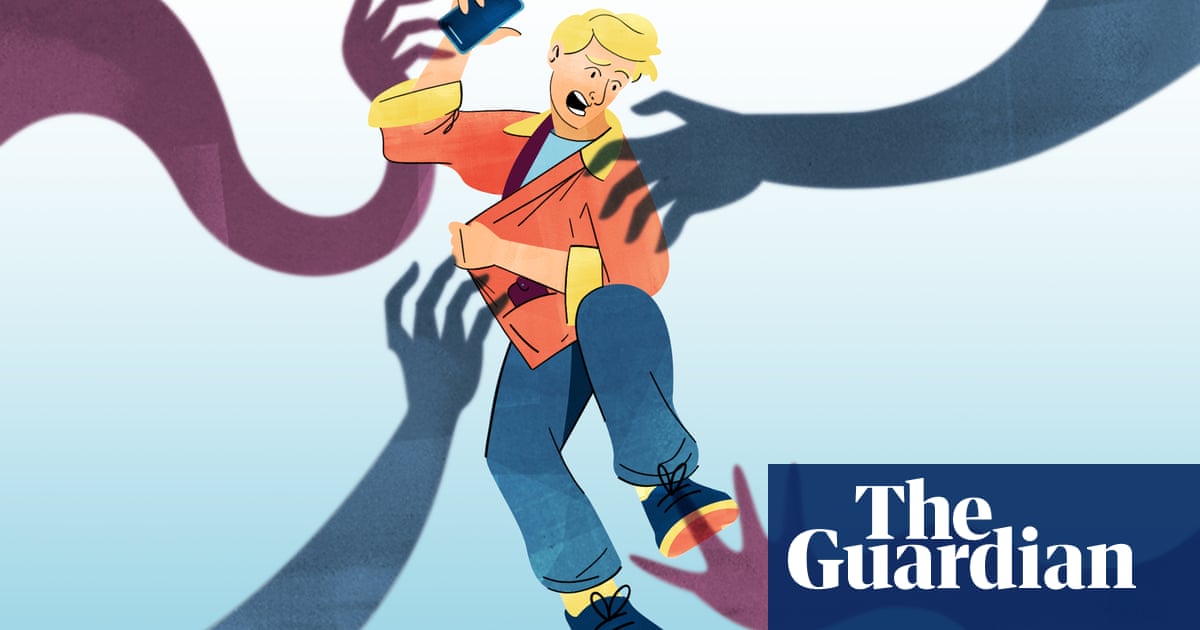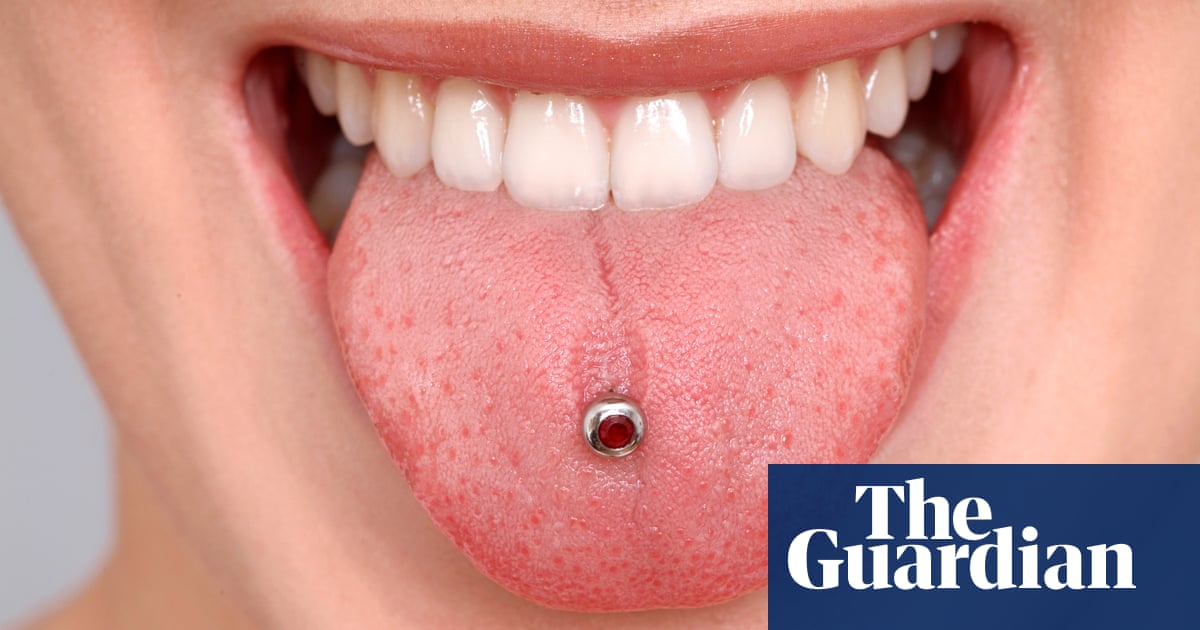
Australian health authorities have provided a stream of continuously updated advice about the coronavirus, and it can be confusing to navigate. We have distilled some of that advice here to help answer your key questions.
What are the symptoms of Covid-19?
According to the World Health Organization, the most common symptoms of Covid-19 are fever, tiredness and a dry cough. Some patients may also have a runny nose, sore throat, nasal congestion and aches and pains or diarrhoea. About 80% of people who get Covid-19 experience a mild case – about as serious as a regular cold – and recover without needing any special treatment.
About one in six people, the WHO says, become seriously ill. The elderly and people with underlying medical problems like high blood pressure, heart problems or diabetes, or chronic respiratory conditions, are at a greater risk of serious illness from Covid-19.
The Australian government also warns that people with suppressed immune symptoms, such as cancer patients, are at elevated risk. So, too, are Aboriginal and Torres Strait Islander peoples, people in detention, and people in group residential settings like aged care homes face an elevated risk.
What do I do if I am sick, or have symptoms?
First, you should read the Australian government health advice, which is updated daily, and the advice of your local state and territory health department (contacts here). The Australian health department has compiled a list of resources here for medical professionals and members of the community.
The advice from state and territory health authorities is that if you develop a fever, cough, sore throat or shortness of breath within 14 days of any overseas travel or contact with a confirmed case you should contact your doctor. You are also asked to contact your doctor and request a test if you have pneumonia, even if you have not travelled or had known contact.
As of 16 March, all returned travellers to Australia, from every country, are required to self-isolate for 14 days. Penalties apply if this quarantine is breached. As of 24 March, four state and territories in Australia – Tasmania, South Australia, the Northern Territory, and Western Australia – also require interstate visitors to undergo 14 days of mandatory self-isolation. From 25 March, the Queensland state border will be closed to all but freight and essential travel.
Australia’s chief health officer, Prof Brendan Murphy, has repeatedly requested that people do not attempt to get a test for Covid-19 unless they are a returned traveller, have had contact with a confirmed or suspected case, or have pneumonia. This is to ensure testing of the most at-risk cases can be done quickly. But, on 23 March, the deputy chief medical officer, Paul Kelly, indicated that testing protocol would change this week because the number of international arrivals has dropped due to border controls. The new testing protocol has not been announced.
Australian borders are now closed to all but citizens and residents.
The New South Wales chief health officer, Dr Kerry Chant, said that testing of people who have recently returned from overseas was one of the best ways to slow the progress of the infection.
People who are unwell are advised to contact their GP or, for more serious illness, attend hospital. In both cases you are advised to phone ahead and tell them you suspect you may have the coronavirus. If a hospital near you has a fever clinic, go there rather than the general emergency ward. You can locate them by calling your state or territory health department. The numbers are below.
What if I have respiratory symptoms but I haven’t travelled overseas?
First, if you are unwell in any way, do not go to work or school. Do not send unwell children to school. It is still more likely, if you have cold-like symptoms, that it’s just an ordinary cold, but it’s best to be extremely cautious. By reducing the rate of general sickness in the community, we reduce the overall load on doctors and hospitals.
Rates of confirmed community transmission in Australia remain low but it has been reported in several states. The first recorded instance was a cluster in northern Sydney associated with an aged care home, where three elderly residents have died after testing positive.
Murphy said there was no need for people to get tested, or seek medical advice, unless they are a returned traveller, or have had close contact with a confirmed case. We’re going into the flu season – people will have symptoms that are just the ordinary cold.
That advice may change if the rate of community transmission in Australia grows. Currently, there is a global shortage of the test kits that pathologists use to diagnose Covid-19. This is why there is targeted testing instead of widespread testing. Healthcare workers who works directly with patients and who have a respiratory illness and a fever can get tested regardless of whether they have travelled overseas or have had close contact with an infected person.
Should I call my GP or go to hospital?
There have been several national roundtables with the aged care and primary care sectors. But some GPs have reported that they do not feel equipped to respond to this crisis.
The advice from authorities is for people who suspect they may have Covid-19, but are not severely unwell, to get tested by their GP to keep the pressure off emergency departments. But if your GP tells you they are not equipped to help, contact the health department in your state or territory and ask if there are any specialist fever clinics near you.
The Australian government has also committed $100m toward creating a Medicare item number for telehealth services, to allow doctors to triage or treat people with milder symptoms, or vulnerable people, remotely.
Do I have to self-isolate? What is self-isolation?
Anyone returning to Australia from overseas, or entering a state or territory that has border controls, must self-isolate for 14 days. Penalties apply if this quarantine is breached. You are also required to self-isolate if you have been tested for Covid-19 but do not yet have the results, or if you have been in close contact with a confirmed case.
If you are under isolation, you do not go in to work or school or to any outings except to see your medical practitioner. If you need to travel, it’s recommended you use a private car, or follow this advice.
According to the federal government’s advice on home isolation, you can go into your backyard, garden or balcony while isolated but not into public areas. If you live in an apartment, it’s recommended you wear a surgical mask and walk quickly through the common areas. Masks do not protect you from getting the infection, but it lowers the chance that the person wearing the mask will spread it.
The advice on whether you can go for a walk is unclear and may vary state-to-state based on new laws to ensure travellers self-isolate. If you do go for a walk, choose a quiet path at a quiet time of the day, do not interact with anyone and wear a mask.
You cannot receive visitors and only people who are part of the household should be allowed in the home. Ask family or friends who are not in isolation to deliver food and supplies.
Other members of the household are not required to isolate unless you develop the symptoms of the coronavirus, in which case it will be determined on a case-by-case basis by health authorities.
If your infection is confirmed they will be defined as close contacts and be required to isolate with you.
Close contact is defined as being face to face with someone for at least 15 minutes, or being in the same enclosed space for at least two hours.
Authorities recommend the person under isolation stay in different rooms to other family members and use a separate bathroom if available. Wear a surgical mask when in common areas and clean high-contact areas (taps, door handles and benches) daily with a disinfectant or diluted bleach.
Monitor your symptoms and your health throughout the 14-day isolation period. If you are unwell, or your symptoms worsen, report any change to your doctor.
What if my child becomes unwell?
If your child is showing symptoms of a viral respiratory illness and either they or you have recently returned from overseas, or they or you have had close contact with a confirmed case, then seek medical advice and ask if they should be tested for Covid-19.
If they are unwell and considered to be at risk then they should not attend school or public gatherings and should be isolated at home for 14 days. As their parent, you’re a close contact, so if they test positive for the virus you will also have to be isolated at home for 14 days.
Schools in Victoria and the ACT closed from 24 March. Schools in other states and territories remain open, but in some states – like NSW – students have been told to stay home if possible.
Children can catch the virus, but they generally have very mild symptoms or are asymptomatic. It’s a good idea to keep children separate from vulnerable family members, like elderly grandparents, who are at greater risk of serious illness from Covid-19. Under new rules for aged care centres, visitors aged under 16 will need special permission because of the risk they could spread the virus.
What do I do if my elderly parent or grandparent is sick?
Older people are the most at risk of a severe illness from Covid-19. Ensure that their treating doctor has all relevant information about high risk co-morbidities so your loved one can be triaged appropriately. Most hospitals have set up isolation wards to care for patients who are severely unwell from Covid-19.
Many aged care homes have placed stricter conditions around visiting because of the Covid-19 outbreak. As of 18 March, visits to aged care homes are also limited by federal rules that ban large group visits, allow visitors by children aged under 16 by exception only, and limit visitors to a maximum of two at one time per day.
Do not visit an aged care home if you are unwell, even if you have not recently returned from overseas – influenza is also a risk to aged care homes.
If your elderly parent or grandparent is well enough to care for themselves, and either has been or is suspected of being exposed to the coronavirus, they will be advised to go into self-isolation. You can help by delivering food and necessities, and by ensuring you wash your hands and practice good hygiene so the virus doesn’t spread. If you are their carer, or have recently visited, you might be a close contact and be required to go into isolation if their infection is confirmed.
If they live with you, you may be required to go into isolation as well depending on whether they are a confirmed case and you have had close contact with them.
The coronavirus health information hotline is 1800 020 080
The state health department contact numbers are:
NSW – 1300 066 055
Victoria – 1800 675 398
Queensland – 13 HEALTH or 13 432 584
South Australia – 1300 232 272
Western Australia – 1300 62 32 92
Tasmania – 1800 671 738
ACT – Business hours: 02 5124 9213, after hours: 02 9962 4155
Northern Territory – 08 8922 8044











